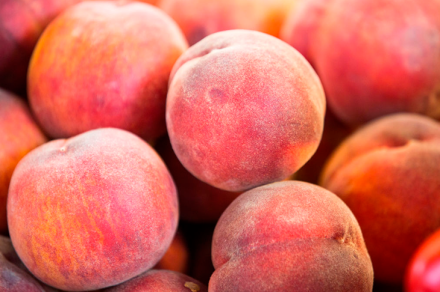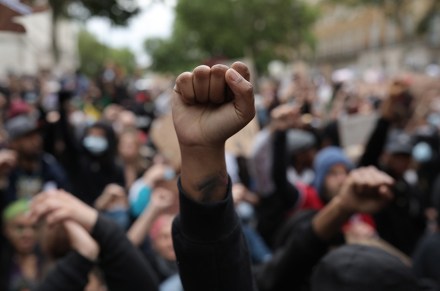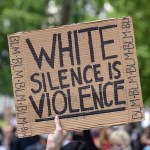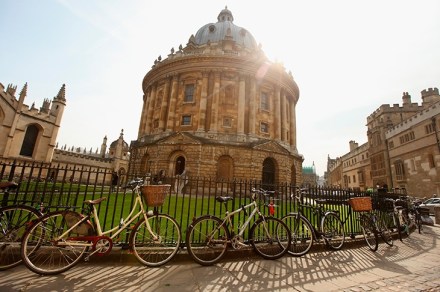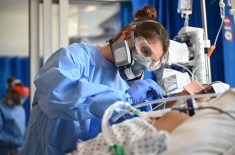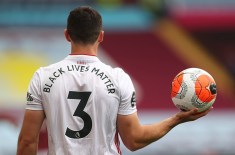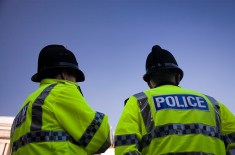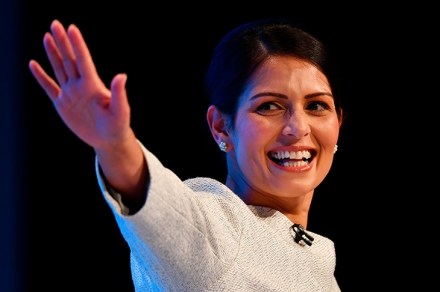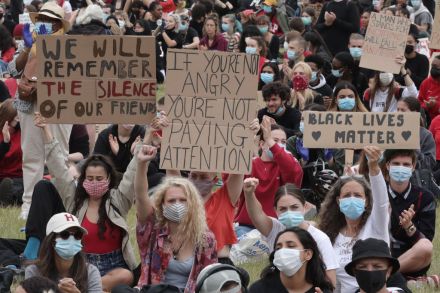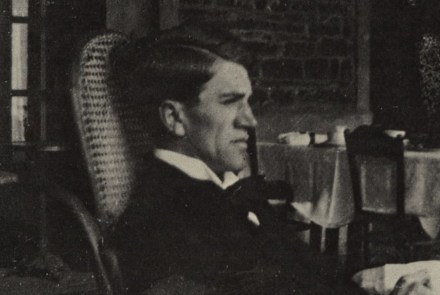The vanity of ‘white guilt’
When I was about ten, on return home from church I ate a peach, the juice of which dribbled down my new pink frock. I scuttled to my room to change, bunching the dress under the bed. I emerged the picture of innocence, but I felt guilty. For weeks, the garment pulsed with accusation. Going to sleep, I always knew it was there. Sure enough, my mother discovered the wad while vacuuming, and she was furious. She could have scrubbed out the juice had I told her about it right away. To this day, I’m mindful that you can only expunge stains while they’re still fresh — and somewhere in
